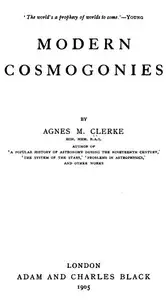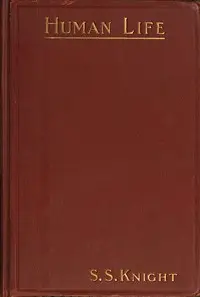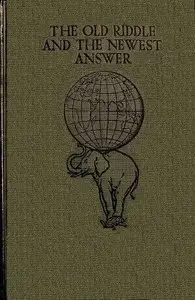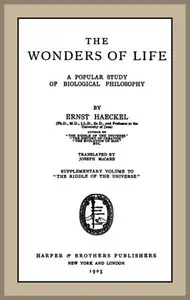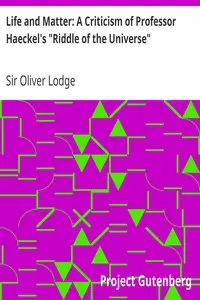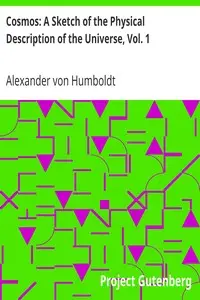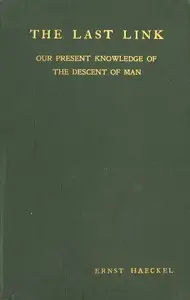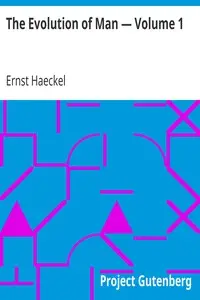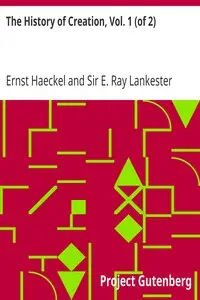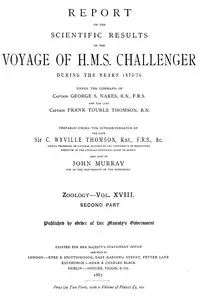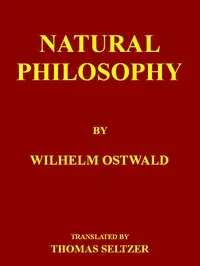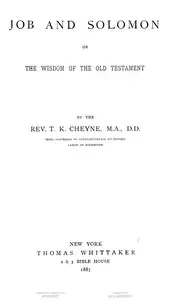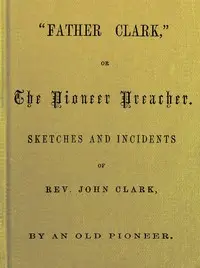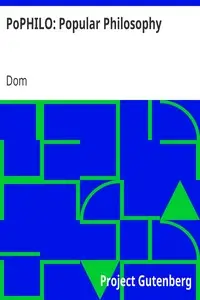"The Riddle of the Universe at the Close of the Nineteenth Century" by Ernst Haeckel, explores the puzzles of life and the world around us, blending science and thought together. The story begins by pointing out how much science had grown by the end of the 1800's, especially in understanding nature and living things, but also notes other parts of society didn't seem to keep up. Haeckel presents big questions about existence that are hard for people to understand and puts forward his own beliefs. He mixes science with a view that tries to see everything in nature as connected. As you read further, you're asked to think about things such as how life changes over time, what it means to be alive, and where humans fit in the big picture of the universe. The book makes the search for answers into both a scientific study and a deep thought exploration.
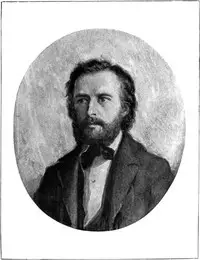
The Riddle of the Universe at the close of the nineteenth century
By Ernst Haeckel
As science rushes forward, humanity is forced to look at its place in the universe and answer the biggest questions of existence and the meaning of it all.
Summary
About the AuthorErnst Heinrich Philipp August Haeckel was a German zoologist, naturalist, eugenicist, philosopher, physician, professor, marine biologist and artist. He discovered, described and named thousands of new species, mapped a genealogical tree relating all life forms and coined many terms in biology, including ecology, phylum, phylogeny, and Protista. Haeckel promoted and popularised Charles Darwin's work in Germany and developed the influential but no longer widely held recapitulation theory claiming that an individual organism's biological development, or ontogeny, parallels and summarises its species' evolutionary development, or phylogeny.
Ernst Heinrich Philipp August Haeckel was a German zoologist, naturalist, eugenicist, philosopher, physician, professor, marine biologist and artist. He discovered, described and named thousands of new species, mapped a genealogical tree relating all life forms and coined many terms in biology, including ecology, phylum, phylogeny, and Protista. Haeckel promoted and popularised Charles Darwin's work in Germany and developed the influential but no longer widely held recapitulation theory claiming that an individual organism's biological development, or ontogeny, parallels and summarises its species' evolutionary development, or phylogeny.

